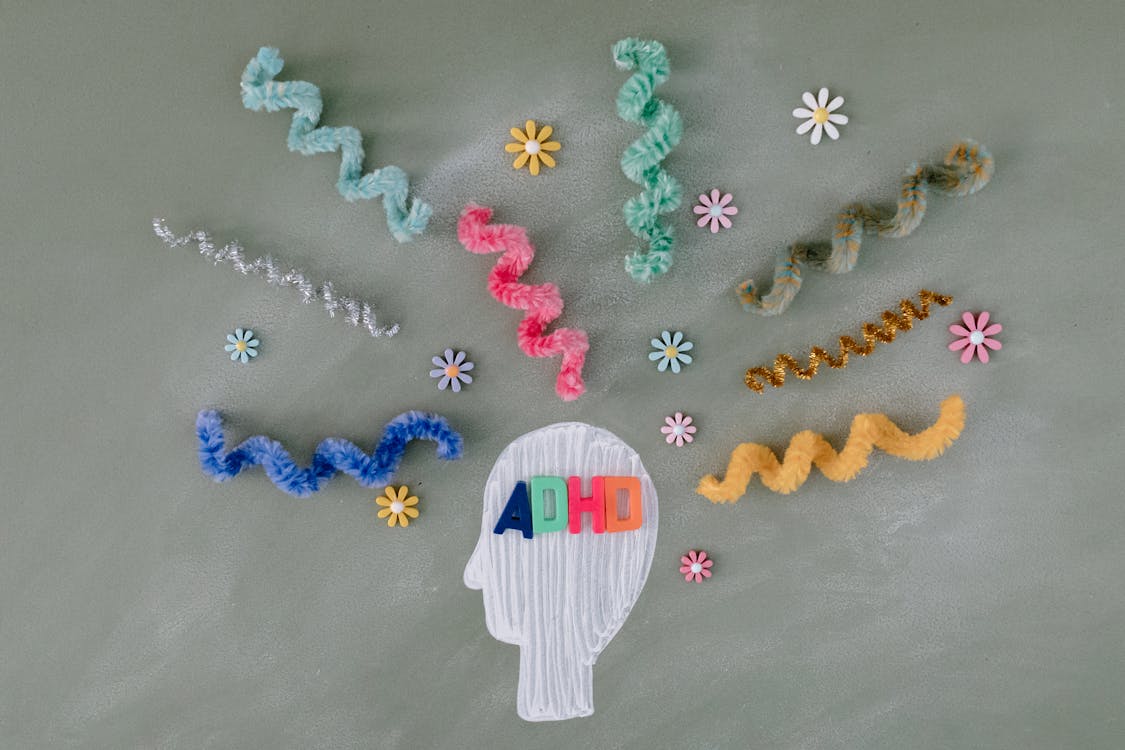Recognizing the signs of mental health issues in children and teens is the first crucial step in providing support. These signs can manifest in various ways, including notable mood changes, such as increased irritability or sadness, and withdrawal from family and friends. You might also notice changes in their academic performance, like a sudden drop in grades or a lack of interest in schoolwork. Sleep disturbances, changes in eating habits, and a decrease in energy levels are other common indicators.
It's important to observe these signs without jumping to conclusions, as they can sometimes be part of normal developmental phases. However, persistent or severe changes in behavior, mood, or academic performance should not be overlooked. Early identification of these signs can lead to timely and effective intervention.
Understanding Different Mental Health Disorders
Various mental health disorders can affect young people, each with its unique characteristics. Some of the common disorders include:
- Anxiety Disorders: This can manifest as persistent worry, nervousness, or fear that interferes with daily activities.
- Depression: It goes beyond typical sadness and can include feelings of hopelessness, loss of interest in activities, and changes in sleep and appetite.
- Attention Deficit Hyperactivity Disorder (ADHD): This involves issues with attention, hyperactivity, and impulsivity.

Each disorder requires a different approach to support and treatment. Understanding these disorders can help parents and caregivers identify potential issues and seek appropriate help.
Effective Communication with Your Child or Teen
Effective communication is key in supporting a child or teen with mental health challenges. It involves more than just talking; it's about creating an environment where they feel safe to express their feelings. Here are some strategies:
- Active Listening: Pay full attention, acknowledge their feelings, and avoid interrupting.
- Open-ended Questions: Encourage them to share more about their feelings and experiences.
- Empathetic Responses: Show understanding and validate their emotions.
Remember, the goal is to let them know they are heard and supported. It's about building trust so they feel comfortable sharing their thoughts and feelings.
Role of Family in Supporting Mental Health
The family plays a critical role in supporting the mental health of children and teens. Creating a nurturing home environment where they feel loved, accepted, and secure is essential. Families can support mental health by:
- Encouraging open and honest communication.
- Providing consistent routines and structure.
- Being present and engaged in their daily lives.
Providence Pass emphasizes the importance of family involvement in the healing process. In a supportive family environment, young people are more likely to open up about their struggles and feel empowered to seek help. This strong family foundation can significantly enhance the effectiveness of any professional treatment or therapy.
When to Seek Professional Help
Recognizing when to seek professional help for a child or teen's mental health is crucial. Warning signs include persistent sadness or anxiety, drastic changes in behavior or personality, and any talk of self-harm. If these symptoms are interfering with their daily life, it may be time to consult a mental health professional. It's important to choose a therapist or counselor who specializes in child and adolescent mental health and is experienced in dealing with the specific issues your child is facing.
Finding the right resources can involve consulting with your child’s pediatrician, school counselors, or local mental health services. In some cases, specialized programs like Providence Pass offer comprehensive support tailored to the specific needs of young individuals. Remember, seeking professional help is a proactive step towards ensuring the mental well-being of your child or teen.
Coping Strategies and Techniques
Effective coping strategies and techniques can significantly help children and teens manage their mental health. These practices equip them with tools to handle stress, anxiety, and other emotional challenges. Some effective strategies include:
- Mindfulness and Meditation: These practices help in staying grounded and calm, reducing stress and anxiety.
- Physical Activity: Regular exercise can improve mood and reduce symptoms of depression and anxiety.
- Creative Outlets: Encourage hobbies like art, music, or writing, which provide a healthy way to express emotions.
Teaching these techniques early on helps children and teens develop resilience and coping skills that they can use throughout their lives. It's also beneficial for parents to model these practices, demonstrating healthy ways to manage stress and emotions.
Navigating School and Social Challenges
School and social settings can present numerous challenges for children and teens, especially those struggling with mental health issues. Bullying, academic pressure, and social exclusion can exacerbate their conditions. Supportive strategies include maintaining open communication with school officials and teachers to ensure they are aware of your child's struggles and can provide necessary accommodations or support.
Encourage your child to build positive relationships with peers who offer understanding and support. Involvement in extracurricular activities can also provide a sense of belonging and help build self-esteem. Be an advocate for your child, ensuring they have access to resources and support they need to succeed both academically and socially.
Promoting a Healthy Lifestyle for Mental Well-Being
A healthy lifestyle plays a significant role in supporting the mental well-being of children and teens. This includes a balanced diet rich in nutrients essential for brain health, regular physical activity to reduce stress and improve mood, and adequate sleep, which is crucial for emotional regulation and mental clarity.
Encouraging these healthy habits early in life sets a foundation for good mental health. Simple changes, like incorporating more fruits and vegetables into meals, encouraging regular physical activity such as walking or playing sports, and establishing a consistent sleep routine, can make a substantial difference. A healthy lifestyle is a key component of overall mental health and should be an integral part of any mental well-being strategy.






